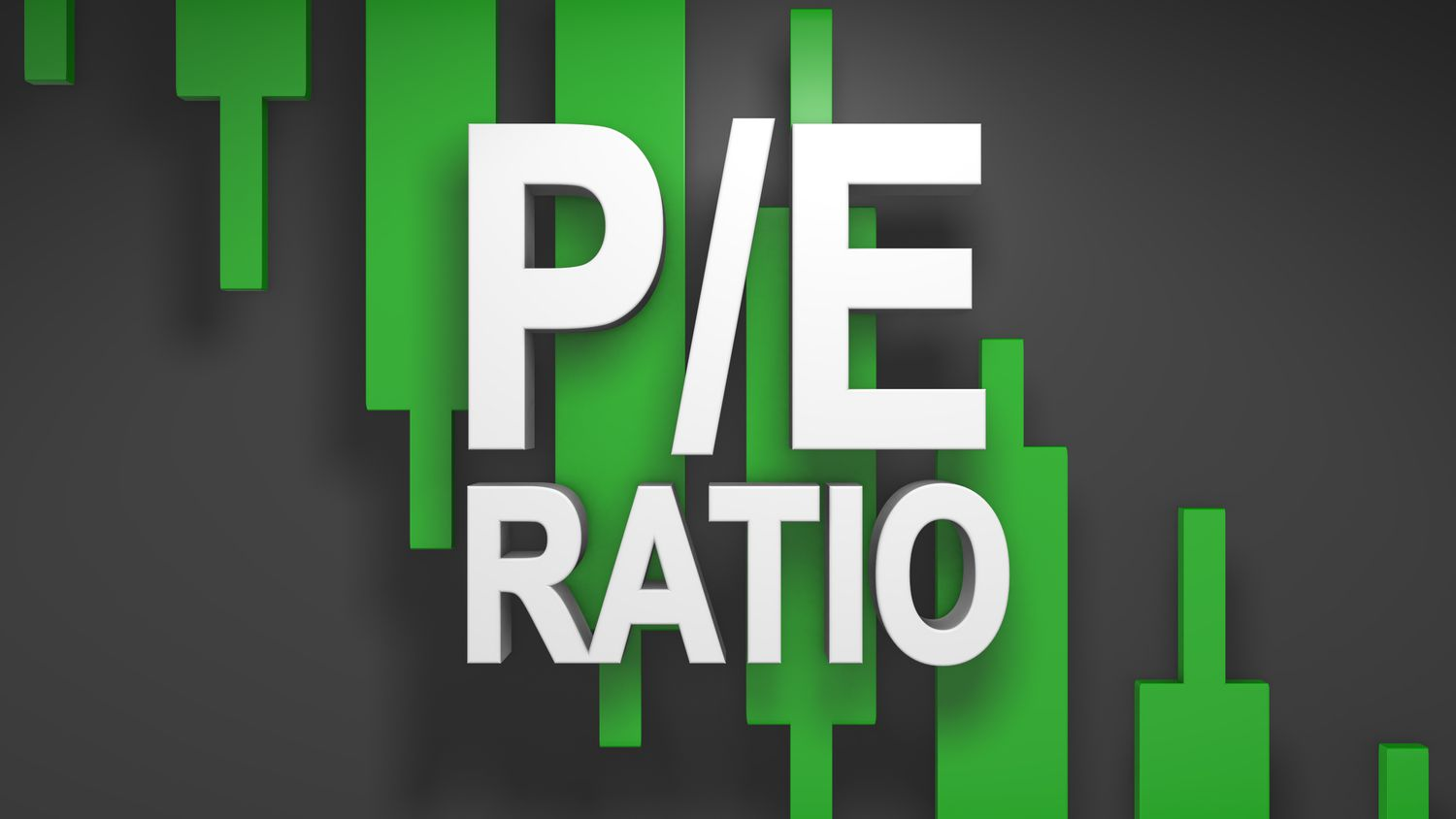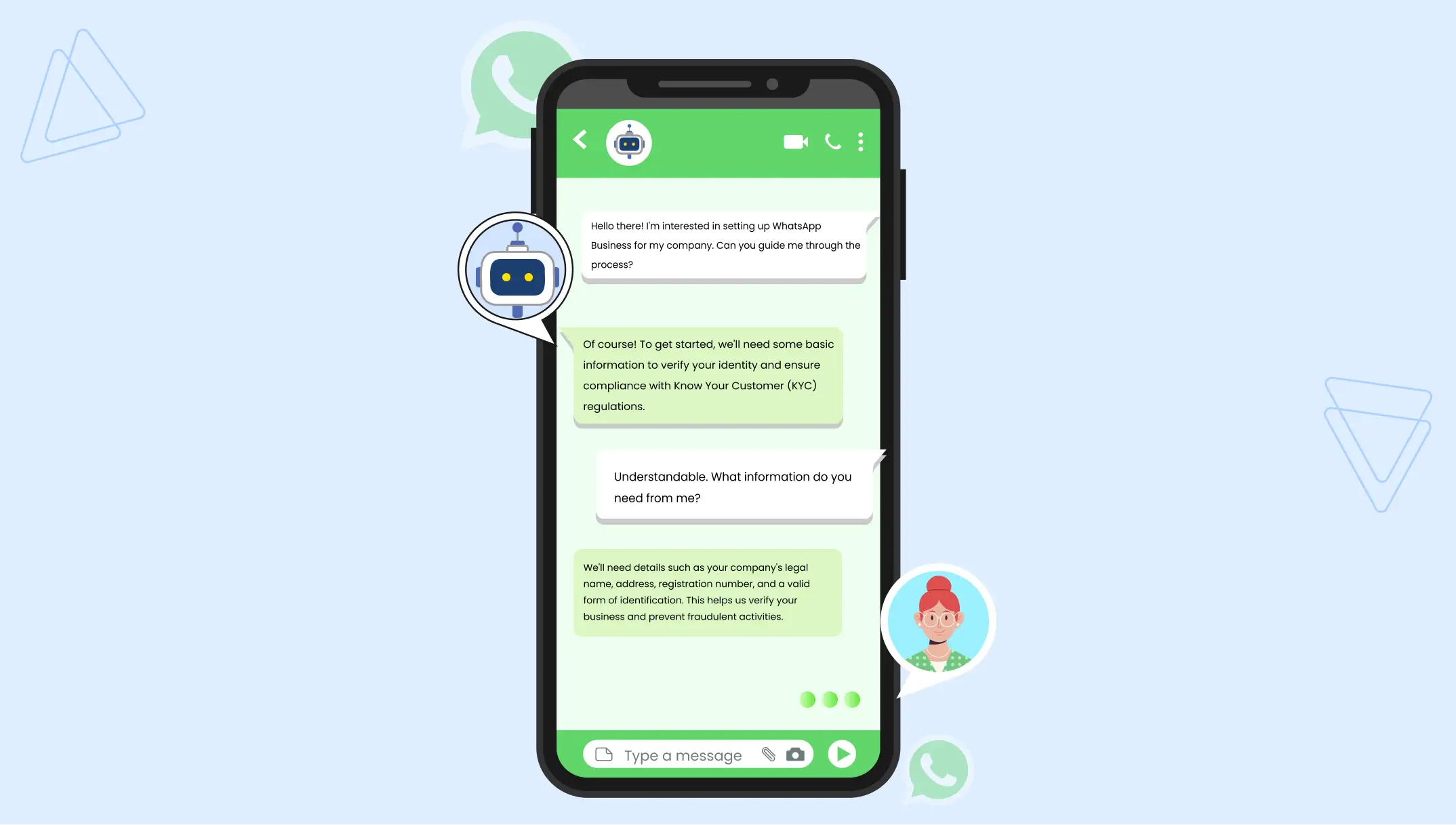When you opt for a Personal Loan, your financial institution or lender will approve or reject your loan under certain conditions. Some factors contributing to them are your CIBIL scores and the other documents provided. But can you get a Personal Loan without CIBIL and income proof?
Although your CIBIL determines your paying capacity to your lender, a poor credit score should not stop you from taking a Personal Loan if needed. While you may have to put extra effort into securing your Personal Loan, you can get a Personal Loan without CIBIL and income proof. Let’s find out how.
What is a Personal Loan?
A Personal Loan is a type of unsecured loan that people apply to take care of their personal financial needs. These needs could be paying for a vacation, buying a house or car, paying for children’s education, or weddings. Since the borrower does not have to keep any collateral to get this loan, the lenders check the CIBIL score of the borrower to assess his paying capabilities. In addition, the borrower also has to submit other documents, such as income proof.
If the credit score is not good or income is less, lenders can decide to reject the Personal Loan. But there are ways through which an individual can still apply for the loan and get it despite no CIBIL or income proof. Read on to learn about it.
How to Get a Personal Loan with CIBIL Scores and Income Proof?
It is a great habit to keep all your documents, especially income proof, intact and maintain a good CIBIL to avoid situations where you may have to face rejection. Still, if you are in this situation, some financial institutes offer loans without presenting these two critical pieces of information. Here are some ways to get a Personal Loan even if you don’t have these documents:
1. Based on Your Relationship with The Lender
When applying for a Personal Loan, go to the lender with whom you have dealt in the past, especially when you don’t have a good CIBIL score and regular income proof. It could be a lender where you have your existing account or an existing loan. Moreover, building a healthy relationship with your lender can be favorable as they would already know how you manage your finances. Thus, they may consider your case and approve your Personal Loan.
Also Read: THE POWER OF A GOOD CIBIL SCORE: QUALIFY FOR HIGHER LOAN AMOUNTS AND LOWER INTEREST RATES
2. Clearing Dues on Time
Making timely payments will also be a great deciding factor in case of no strong supporting documents. Nowadays, everyone has a credit card; if you have one, it will be better to ensure you make the payments on time. When you clear your bills on time, the lender will know your intentions of repaying the money.
3. No Missed Payment
Clearing all your payments is one thing, and ensuring no missed payments is another. There can be a chance where you may have paid all your dues but tend to miss or skip payments in between. Such situations are a red flag for any lender and should be avoided. Therefore, always keep it a point to pay your dues on time without missing any month.
4. Interest Rate
Your credit, payment history, and other contributing factors decide the personal loan interest rate. But if you do not have enough supporting documents, your lender may offer you a loan with higher interest rates. Accepting the loan will be your choice, and you can decide depending on the rate and the loan length.
Final Thoughts
The above steps can help you to secure your Personal Loan without CIBIL and income proof. But do remember the lender will decide whether to approve or reject the loan application. Therefore, as a safety measure, apply to multiple banks to ensure you get an acceptance.
FAQs
1. Can you get a Personal Loan without CIBIL scores?
You can get a loan with good CIBIL scores, but the process can be difficult. Additionally, your lender may offer you the loan on different terms and conditions.
2. Why do lenders check your CIBIL scores for granting loans?
Your CIBIL score tells the lender about your repaying capacity. In addition, it also informs how efficiently you manage your expenses.








